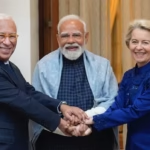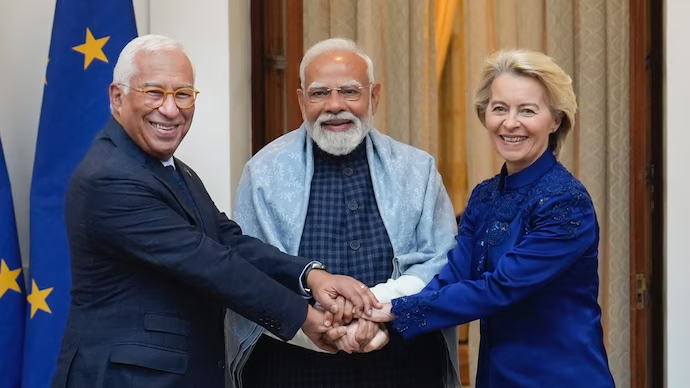
Ibrahim Aqeel, a Hezbollah operations commander killed in an Israeli strike on Friday, had a $7 million bounty on his head for two truck bombings in Beirut in 1983 that killed more than 300 people at the US embassy and a US Marine barracks.
Two security sources in Lebanon confirmed that the veteran fighter was killed in an air strike in the southern suburbs of Beirut during a meeting of the elite Radwan unit of the Iran-backed Lebanese militant group.
Aqeel, who has also used aliases such as Tahseen and Abdelkader, was the second member of the Jihad Council, Hezbollah’s top military body, to be killed in two months, following an Israeli strike in the same area targeting Fuad Shukr in July.
Israel has stepped up its attacks on the group this week after months of fighting along the border sparked by the conflict in Gaza, which began on October 7 with a deadly attack and hostage-taking in Israel by Hezbollah’s Palestinian ally Hamas.
Like Shukr, Aqeel is a veteran member of Hezbollah, which was founded in the early 1980s by Iran’s Revolutionary Guards to fight Israeli forces, which had invaded and occupied Lebanon.
According to a security source, Aqeel, born around 1960 in a village in Lebanon’s Bekaa Valley, joined Amal, another major Lebanese Shi’ite political movement, and subsequently became a founding member of Hezbollah.
The United States has accused him of playing a role in the Beirut truck bombing of the US embassy in April 1983, which killed 63 people, and in the bombing of a US Marine barracks six months later, which killed 241 people.
It also accused him of directing the kidnapping of American and German hostages in Lebanon and listed him as a Specially Designated Global Terrorist in 2019, placing a $7 million bounty on his head.
Referring to the bombing of the US Marine barracks in the 1980s and other attacks on Western interests in Lebanon, Hezbollah leader Sayyed Hassan Nasrallah said in an interview with an Arabic broadcaster in 2022 that they were carried out by small groups with no connection to Hezbollah.
Aqeel’s founding Hezbollah activists helped transform the group from a shadowy militia into Lebanon’s most powerful military and political organisation, which drove Israel out of its occupied south in 2000 and fought it again in 2006.
When Shukar was killed in July, it was seen as the biggest blow to its command structure since the 2008 killing of Imad Mughniyeh, whom Hezbollah remembers as a great commander but whom Israel and the United States remember as a terrorist.
Aqeel, on whom the United States placed a bounty even higher than Shukr, could prove to be a similar blow.
(Except for the headline, this story has not been edited by NDTV staff and is published from a syndicated feed.)









